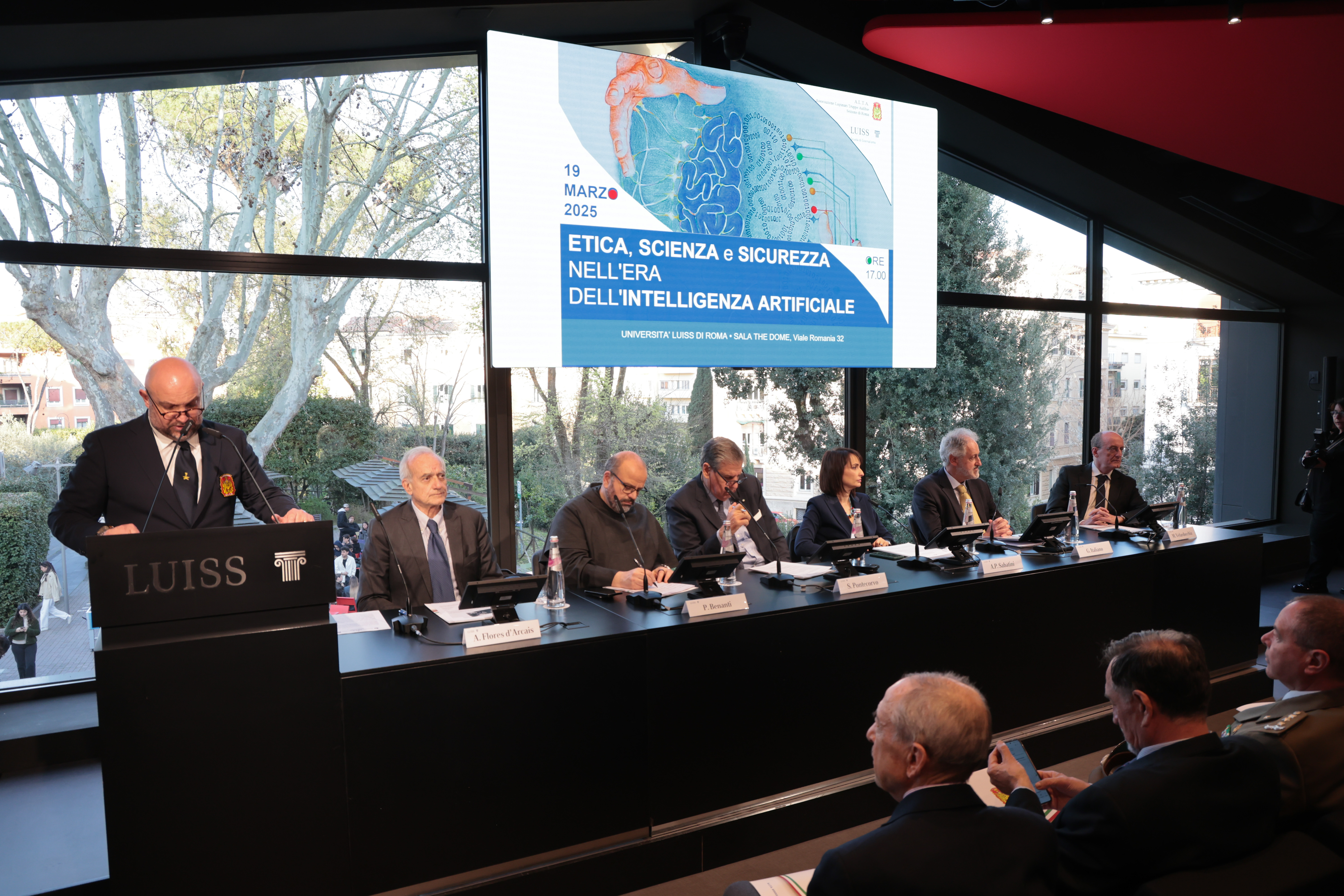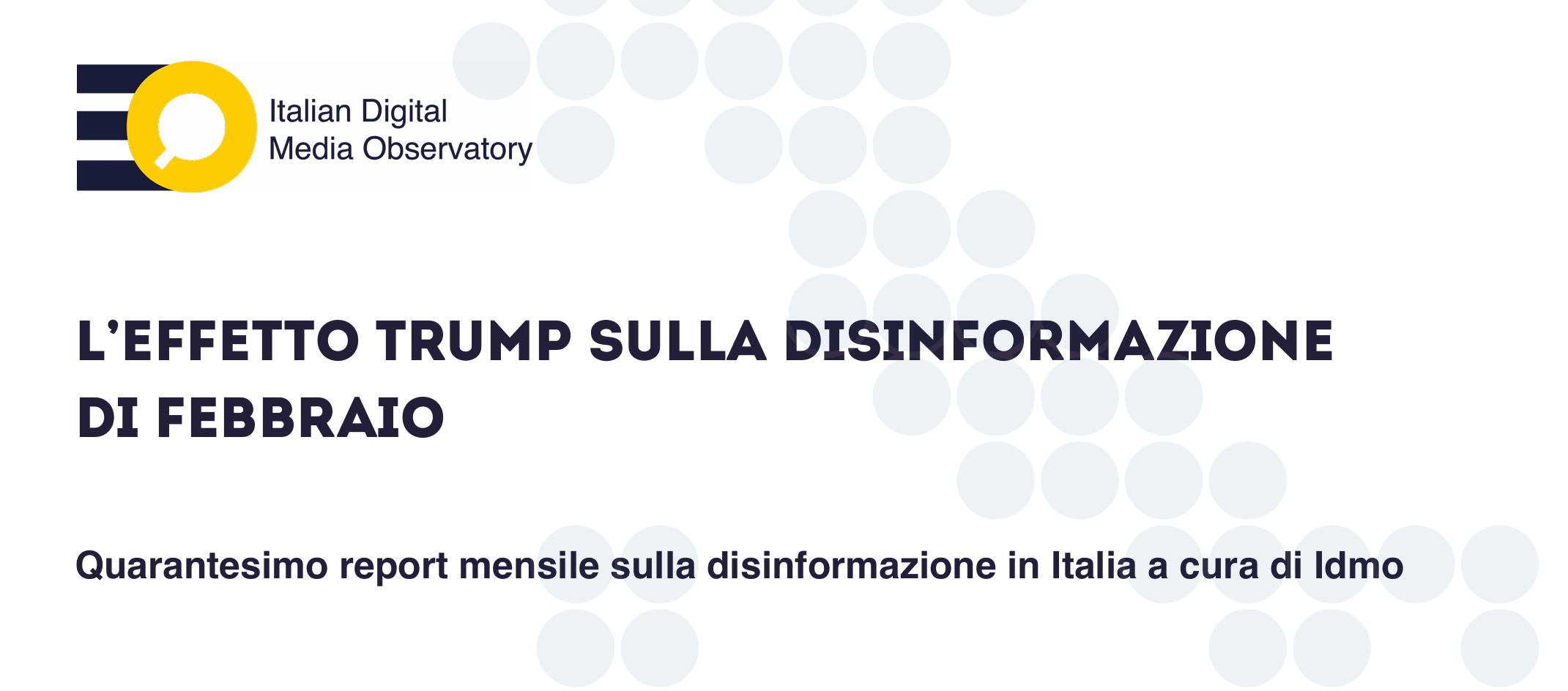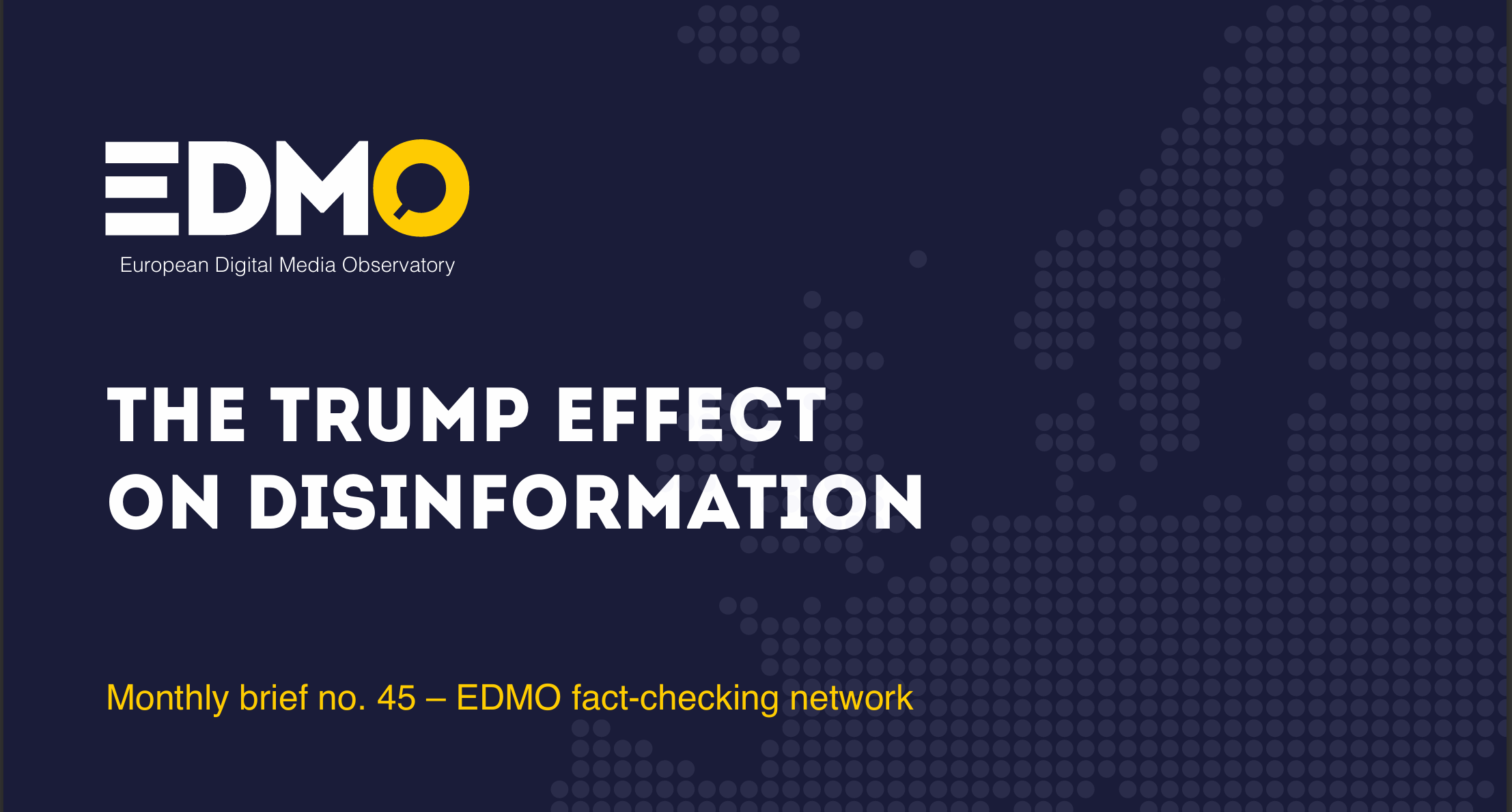Disclaimer
This report was written as part of the Italian Digital Media Observatory project under EC grant agreement INEA/CEF/ICT/A2020/2394428. The information, documentation and figures available in this deliverable were written by the Italian Digital Media Observatory project consortium and do not necessarily reflect the views of the European Commission. The European Commission is not liable for any use that may be made of the information contained herein.
Statement of originality
This deliverable contains original unpublished work except where clearly indicated otherwise. Acknowledgement of previously published material and of the work of others has been made through appropriate citation, quotation or both.
Executive Summary
Nowadays, tackling disinformation is one of the most urgent issues faced by governments and institutions worldwide.
The Parliamentary Assembly of the Council of Europe in Resolution 2326 of 31st January 2020 has expressed a serious concern “about the scale of information pollution in a digitally connected and increasingly polarised world, the spread of disinformation campaigns aimed at shaping public opinion, trends of foreign electoral interference and manipulation” (Pace, 2020). Same position has been adopted by the European Commission, who agree that spread of disinformation can have serious consequences on threatening our democracies, but also on polarizing debates, and putting the health, security and environment of EU citizens at risk. The European Parliament, in a report published by the Special Committee on Foreign Interference in all Democratic Processes in the European Union, including Disinformation (Kalniete, 2022) state “whereas foreign interference, information manipulation and disinformation are an abuse of the fundamental freedoms of expression and information as laid down in Article 11 of the Charter of Fundamental Rights of the European Union and threaten these freedoms, as well as undermining democratic processes in the EU and its Member States, such as the holding of free and fair elections; whereas the objective of foreign interference is to distort or falsely represent facts, artificially inflate one-sided arguments, discredit information to degrade political discourse and ultimately undermine confidence in the electoral system and therefore in the democratic process itself ”. In addition, international organizations, such as the OECD (Matasick et al., 2020) are taking into serious consideration the effects of disinformation on countries and societies reflecting and proposing measures to reduce the effect of the phenomenon.
International institutions and worldwide experts agree that the only way to counteract disinformation is to create a holistic action plan: media and digital literacy, pre-bunking and debunking, fact-checking, hard and soft regulation are all relevant actions that need further and further efforts from a heterogeneous group of people. Indeed, academics, developers, fact- checkers, policy makers, citizens, all of them have a role in fighting disinformation at different levels (Matasick, 2020; de Cock Buning, M. 2018).
However, there is another point which is widely discussed in the scientific literature with still little evidence gathered: the assessment of the impact of disinformation.
| Aim of the document is to provide additional reflections on disinformation fighting starting from the assumption that only if we can measure and assess the impact of disinformation, understanding the impacts that disinformation has on our lives and how we will be able to deploy proper |
| countermeasures in order to make our societies more resilient to false and misleading information. |
To make this step possible, research is needed in exploring the different dimensions of impact related to disinformation. Accordingly, the authors of the deliverable intend to contribute to the research on disinformation providing a methodological framework to measure the political impact of disinformation online and offline.
The work presented here follows a work of research conducted by the authors in a previous European funded project but it is improved and tailored on the new landscape of discussion around disinformation and adapted to new research questions raised by IDMO.
The deliverable is structured in 3 Chapters.
Chapter 1 reports about the previous steps that leads to the definition of the current methodological framework.
Chapter 2 describes the IDMO methodology.
Chapter 3 provides some reflections about methodology implementation and conclusions.
Read the full report HERE



